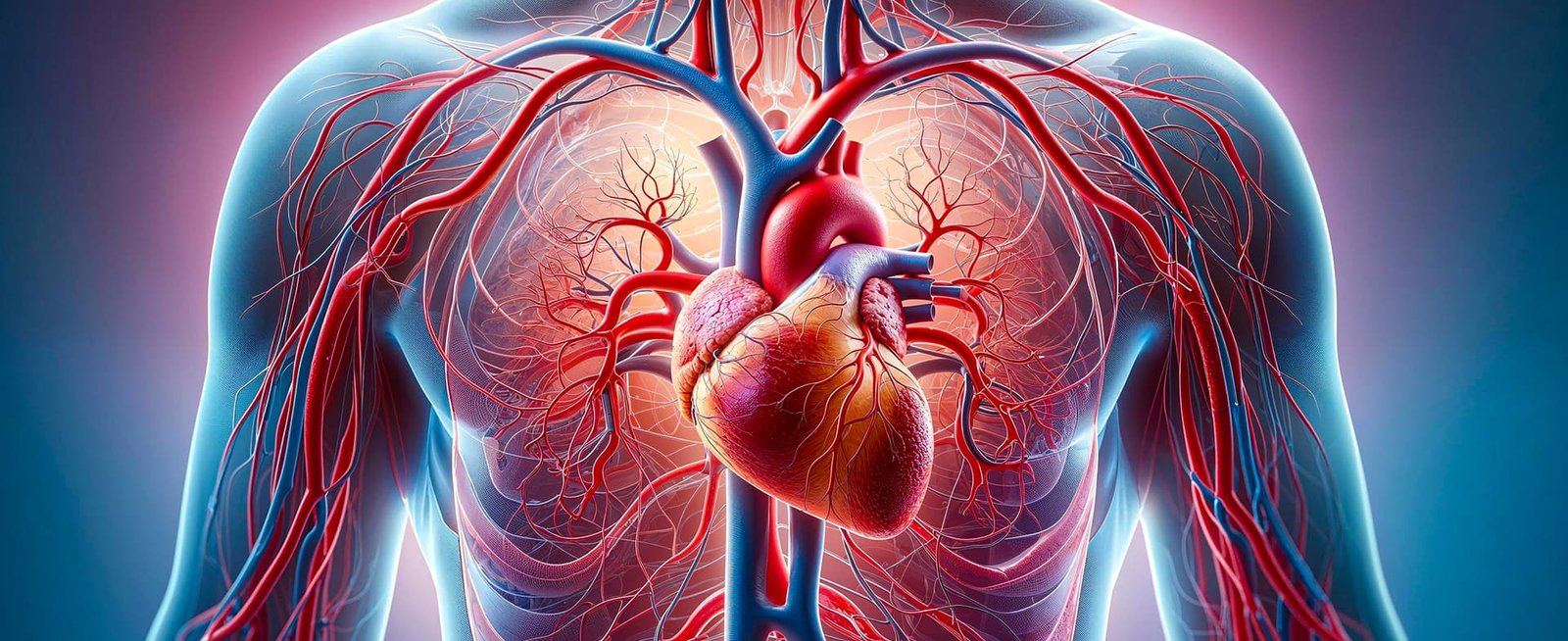
Introduction
Aging is a natural life cycle development influenced by one’s genetics, lifestyle, and environmental surroundings. Nonetheless, there is significant evidence to suggest that diet has a predominant impact on the speed at which people age biologically.
Much like time is tracked chronologically, aging chronologically can be tracked over the years. On the other hand, biological aging is the decline in cells and bodily function, which can be controlled to some extent by diet.
Current research suggests that biological aging may be accelerated by a diet consisting of an abundance of fast foods, processed red meats, sugary drinks, and a scarcity or total absence of fruits and vegetables. In contrast, diets with sufficient nutrition value have been proven to ease the aging process while enhancing one’s health.
Biological Markers and Cellular Aging
The aging process is defined by a number of biological phenomena, most prominently oxidative stress, inflammation, and metabolism.
Contrasting biological aging, which varies lifestyle choices and dietary habits, chronological aging applies to everyone.
Primary markers of biological aging include: rates of biological aging, especially with regard to the leading causes of aging. Aging Indicators markers such as Telomere shortening, and epigenetic modifications. In the case of epigenetic changes, it refers to one’s lifestyle choices including but not limited to dietary habits, which play a role in changing cellular aging.
Mitochondrial Considerations
Mitochondria are important for energy production in cells, especially in older humans. A person’s diet affects how well they live and how long they live.
Dietary Considerations That Increase Age Progression
The following dietary practices are associated with inflammation, oxidative stress, and dysfunction resulting in increased biological age.
Principal factors include:
Processed Red Meats
The consumption of red meats such as bacon, sausages, and other deli meats results in inflammation and oxidative stress while inducing the shortening of telomeres and age-related disorders.
Sugary Soft Drinks and Refined Sugar Products
Added soft drinks and refined carbohydrate products contribute towards developing insulin resistance, along with increased AGEs, which leads to aging of the cells.
Trans Fats and Processed Products
These types of fats have a negative impact on a person’s cardio-vascular and metabolism health and promote inflammation on a cellular level. As a result, this leads to accelerated aging on a cellular level.
Strategies for Better Nutrition to Alleviate Age Progression
Eating well-balanced whole foods that are rich in nutrients can assist in achieving slowed biological age progression.
Important food groups which help in the aging process include:
Foods with Antioxidants
Fruits and vegetables with C, E, flavonoid and polyphenols help block oxidative stress and help cellular structures.
Omega-3’s
Omega 3 is in an array of sources such as fatty fish, walnuts, and flax seeds. Plus, they are crucial for lowering inflammation while promoting heart and brain health.
Fibre and Whole Grains
Legumes, vegetables, and fibers obtained from whole grains help in metabolic processes and contributes to the functioning of gut health therefore enhancing longevity.
Polyphenols and Flavonoids
Berries, Green tea, and dark chocolate contain these compounds. They reduce oxidative stress and boost cell repair making them anti-aging compounds.
Mediterranean Diet and Longevity
The Mediterranean diet is one of the well studied dietary patterns supporting longevity and life expectancy. This diet integrates whole foods with plant-based nutrition as well as healthy fats, making it easy to reduce biological aging.
Some of the key components of the Mediterranean diet are:
Eating ample amounts of whole grains, vegetables, and fruits
Good fats from seeds, nuts and olive oil
Fish and legumes for lean protein
Limited intake of refined sugars and processed foods
It has been proven that people in the Mediterranean region who intake this diet have longer telomeres and lower inflammation along with having a decreased risk of diseases related to aging.
Intermittent Fasting and Cellular Longevity
Intermittent fasting (IF) is another approach which seems to be more well known for its anti-aging benefits.
Intermittent fasting focuses on alternating between eating and fasting with the goal of supporting processes that help repair cells, like autophagy.
Intermittent fasting offers the following biological aging benefits:
Better insulin sensitivity: Intermittent fasting decreases insulin resistance, thereby reducing the risk of developing metabolic diseases.
Increased autophagy: Cells undergoing fasting remove damaged and dysfunctional parts during designated fasting windows, leading to improved cellular performance and longevity.
Reduced oxidative stress: Research has demonstrated that IF can reduce the oxidative stress markers, which slows down cellular aging.
Gut Health Contribution to Aging
New studies emphasize the role of gut microbiota in aging process regulation. A healthy and rich gut microbiome enhances the body’s immune response, inflammation management, as well as nutrient uptake.
Maintaining gut health can be achieved by doing the following:
Eating foods rich in probiotics like yogurt, kimchi, and sauerkraut
Eating more fiber to help the good bacteria in the gut
Not abusing antibiotics that disrupt microbial balance
Practical Dietary Recommendations for Healthy Aging
Here are some suggestions to slow biological aging along with encouraging longevity:
Cut down on processed red meat and refined sugar
Add more colorful fruits and vegetables to your diet
Opt for whole grains instead of refined carbs
Add healthy fats such as nuts, seeds, and olive oil
Try intermittent fasting or time-restricted eating
Use probiotics and foods rich in fiber for these meals.
Conclusion
There is a direct relationship between diet and biological aging where rich nutrients promote longevity and processed diets speed up cellular decline.
Thoughtful decision-making when it comes to dietary changes can slow down the aging process, improve health, and lessen the risk of disease simultaneously.
Following the Mediterranean diet while incorporating fasting and gut health support leads to a longer, healthier life.






